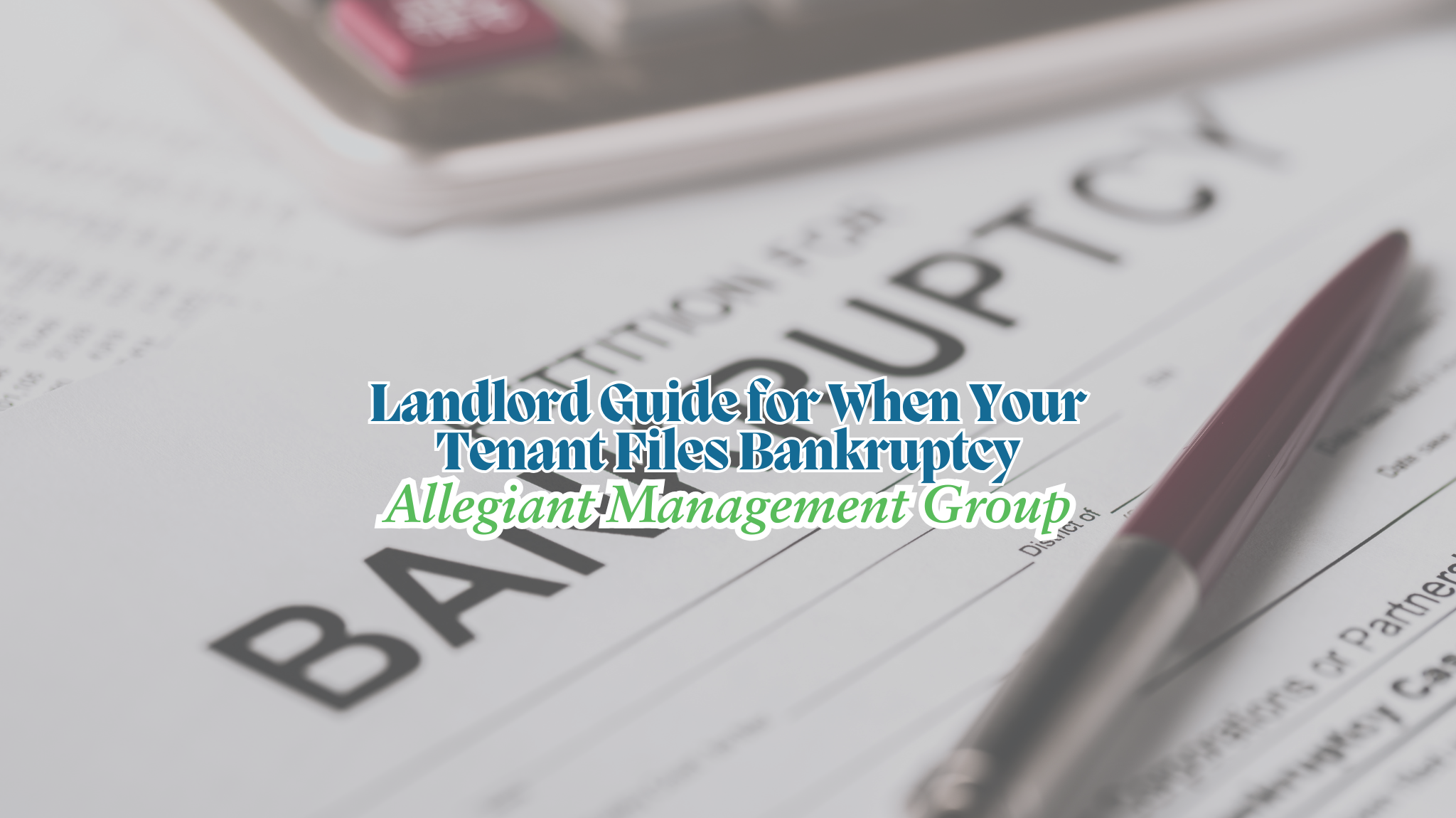Blog Updated: 06/08/2025
Landlord Guide for When Your Tenant Files Bankruptcy
If you’re a landlord and your tenant filed bankruptcy, you’re not alone. Residential tenant bankruptcy has become more common—and more complicated.
Understanding what to do when a residential tenant files for bankruptcy is crucial. This guide outlines how the process works, what your rights are, and what steps to take to protect your investment.
Understanding the Bankruptcy Code: Chapter 7 vs. Chapter 13
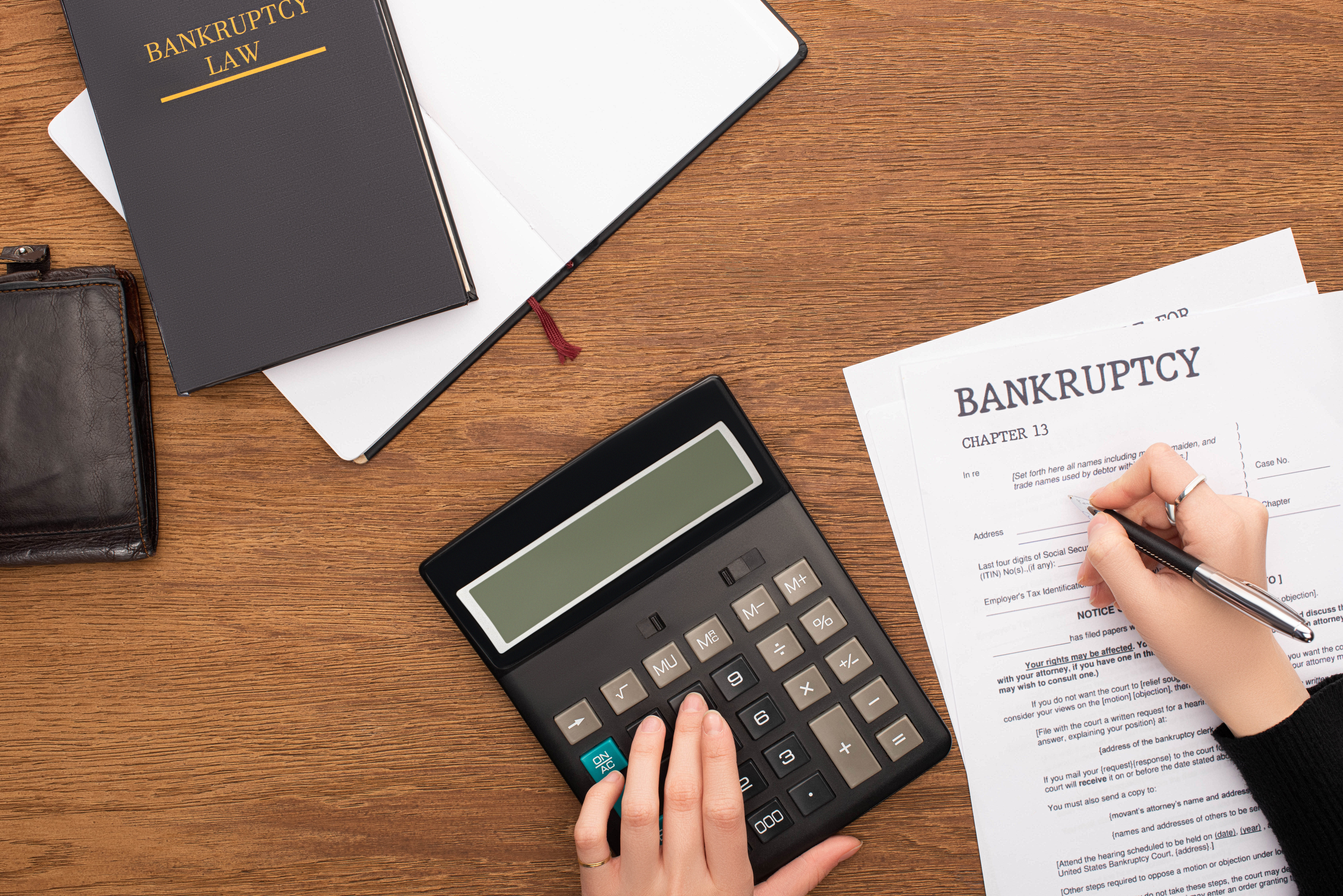
When a tenant files for bankruptcy, it’s typically under either:
- Chapter 7 bankruptcy – wipes out all types of debts, allowing tenants to walk away from their lease. Rent owed might be uncollectible.
- Chapter 13 bankruptcy – Tenants set up a repayment plan. If they stay in the unit, they must include rent in the plan.
Either a chapter 7 or chapter 13 bankruptcy impact you differently. Knowing which one applies helps you decide how to move forward. You can file them in 94 federal judicial districts by submitting bankruptcy forms to the courts.
What Is an Automatic Stay?
An automatic stay immediately goes into effect when the tenant files for bankruptcy. This legal action:
- Stops all eviction activity, even if the process has already started
- Prevents landlords from demanding past-due rent
- Limits communication with the tenant about payment
- In some Chapter 13 cases, the debtor has 60 days to assume or reject residential leases or executory contracts.
Whether you’re dealing with a bankruptcy tenant eviction or not, violating the stay can lead to legal consequences. If the stay impacts tenants in common, each party may need separate legal help. We call this the bankruptcy stay tenant in common scenario.
What to Do When My Tenant Filed Bankruptcy
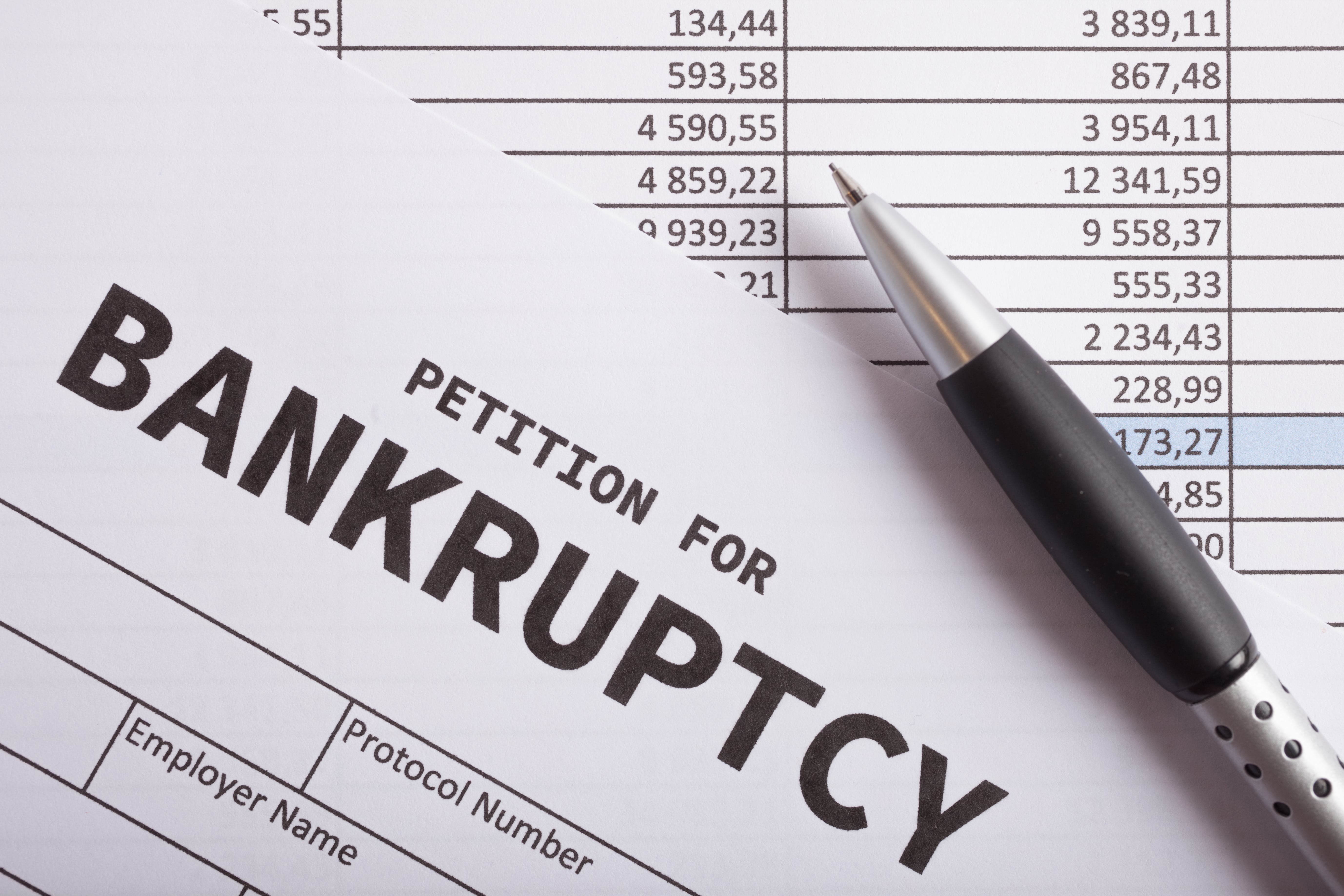
You’ve just learned that your tenant filed bankruptcy—what now?
Follow these immediate steps:
- Read the bankruptcy notice carefully to determine the type of filing and court deadlines.
- Consult a landlord-tenant attorney, especially if you’re in the middle of an eviction at your rental property.
- Evaluate your lease agreement—it may contain clauses about bankruptcy.
- Keep records of all communication and rent payments.
- File a Proof of Claim with the bankruptcy court to establish the debt owed to you.
Being methodical here is essential to avoiding costly mistakes.
Bankruptcy During Eviction: Can You Still Proceed?
Yes, but with limits. If a tenant files for bankruptcy during an eviction, the eviction will stop. This will happen unless you file a motion to lift the automatic stay. The court will only grant this if you can prove the tenant:
- Caused damage to the property
- Is still not paying rent post-bankruptcy filing
- Has no chance of staying current on payments
A strong legal case is important. This is when expert advice from a bankruptcy attorney or property manager is vital.
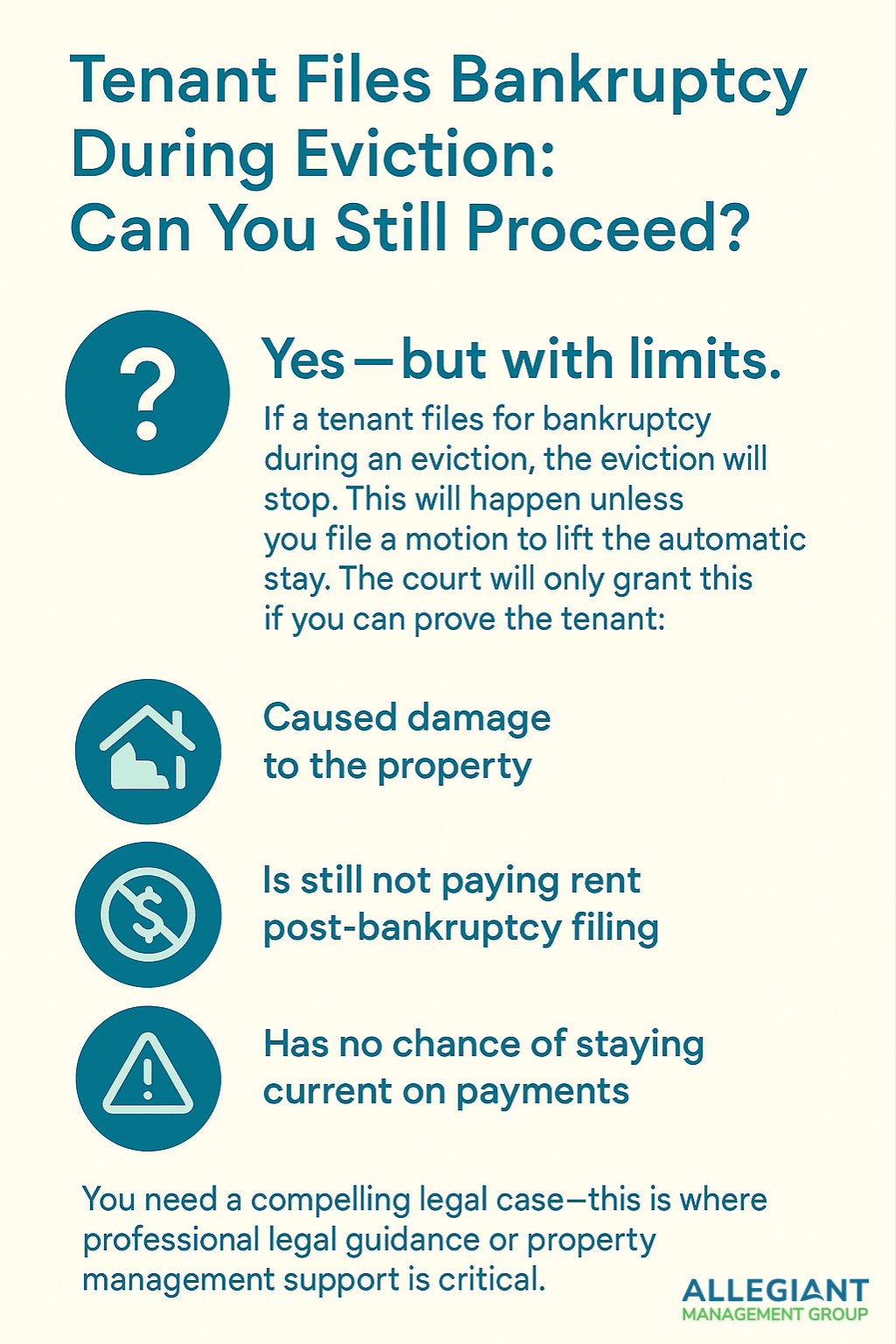
How Bankruptcy Impacts Lease Agreements
A tenant's bankruptcy declaration does not automatically end your lease agreement. However:
- The tenant may assume the lease and agree to continue under its terms.
- Or they may reject the lease, which allows you to take back the property and re-list it.
Understanding lease status is vital in crafting your next move. This is especially complex when handling a tenant bankruptcy guide with many tenants or long-term leases.
Security Deposits and Ongoing Rent
If a tenant has filed for bankruptcy:
- Security deposits may be protected or subject to court handling—check with your attorney.
- You may still need to pay ongoing rent, especially under Chapter 13. If someone assumes the lease, they must pay the rent.
Be cautious about how you apply deposits, and ensure that you make all communication legally sound.
Why Property Management Support Helps During Bankruptcy
Professional property management helps during bankruptcy. They can guide you through complex legal terrain when a residential tenant files bankruptcy. Here’s what a seasoned property manager can do:
- Communicate with attorneys and bankruptcy trustees
- Ensure lease compliance under new court orders
- Track and document payments properly
- Help file paperwork, including the Proof of Claim
With a manager on your side, you stay focused on protecting your property—not getting tangled in red tape.
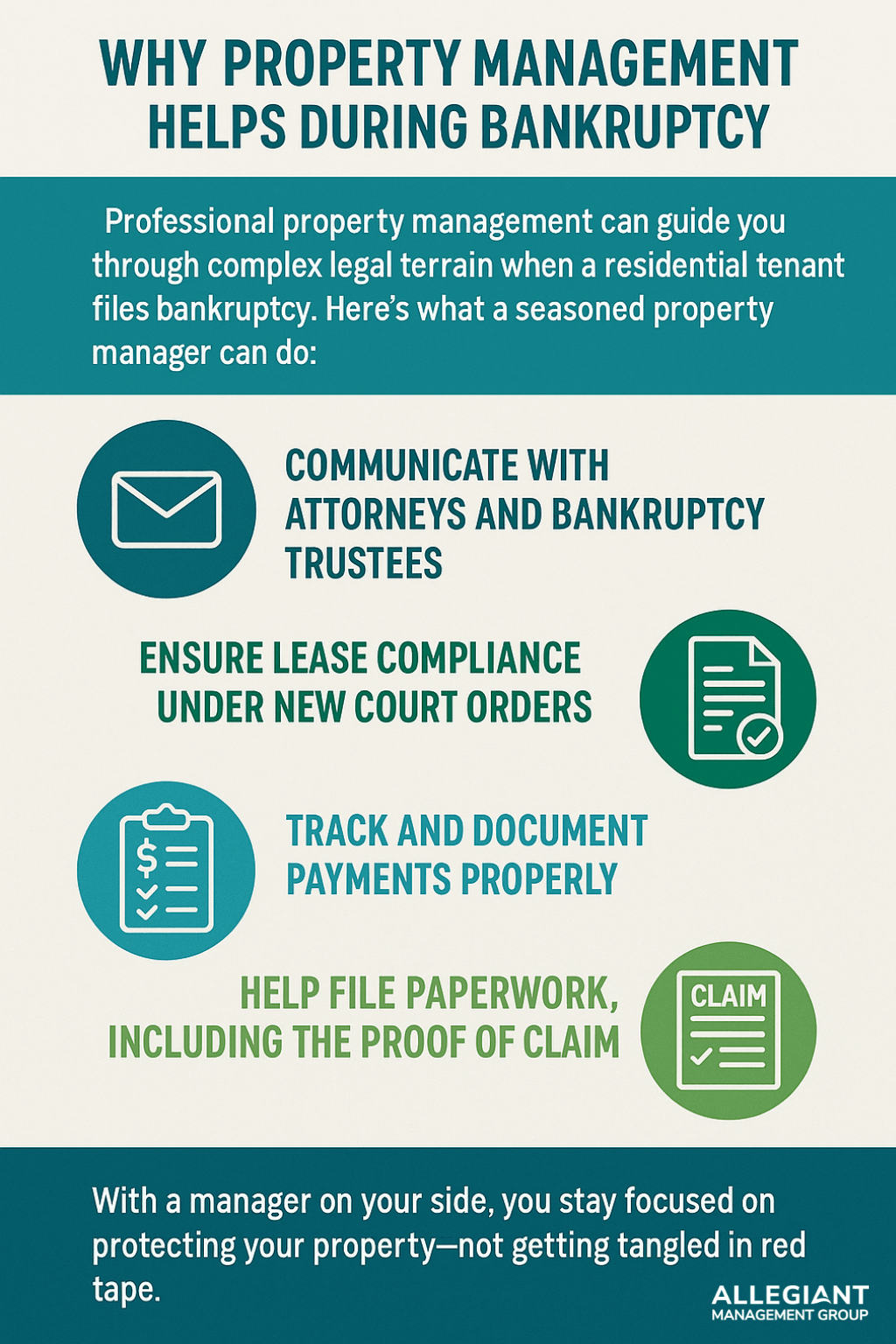
Conclusion: Be Prepared, Not Panicked
Tenant bankruptcies can be stressful, especially if the tenant files bankruptcy during eviction or leaves you with unpaid rent. But with the right plan and legal or professional guidance, you can move forward smartly.
If you need a tenant bankruptcy guide or full-service management support, Allegiant Management Group is here to help.
📞 Call us today at 407-557-3164 | 🌐 Visit our website | 📩 Request a free Management Quote
Frequently Asked Questions (FAQs)
My Tenant Filed For Bankruptcy
What happens if my tenant files bankruptcy during an eviction?
When a tenant files for bankruptcy during eviction proceedings, the automatic stay stops the eviction process right away. This happens even if the eviction is already happening. To continue, you must petition the court for relief from the stay and demonstrate cause.
Can I evict a tenant after they file Chapter 7 bankruptcy?
Not without court approval. You’ll need to request relief from the automatic stay. If the court grants permission, you may proceed with eviction even after tenant filed bankruptcy under Chapter 7.
Is the lease automatically canceled if a tenant declares bankruptcy?
No. In most cases, the lease remains in place. The residential tenant bankruptcy process lets the tenant either keep or end the lease. This depends on their repayment plan or financial situation.
What is the role of the bankruptcy trustee in a tenant bankruptcy case?
The bankruptcy trustee oversees the tenant’s estate and ensures compliance with court orders. Landlords must submit lease information or respond to inquiries through legal counsel. It’s best to have a property manager or attorney handle these interactions.
Do I lose the security deposit if my tenant declares bankruptcy?
Not necessarily. In some jurisdictions, the law protects the security deposit for the landlord. However, the bankruptcy court may include it as part of the bankruptcy estate. Always verify with legal counsel.
Should I hire a property management company when my tenant files for bankruptcy?
Yes. A professional property management company can help with lease enforcement, legal compliance, tenant communication, and paperwork. This is especially useful when handling a tenant bankruptcy situation or multiple filings.
Disclaimer: This article is for information purposes only and does not constitute legal advice. Landlords facing tenant bankruptcy or eviction should consult a qualified attorney. Allegiant Management Group provides property management services and does not offer legal representation.


